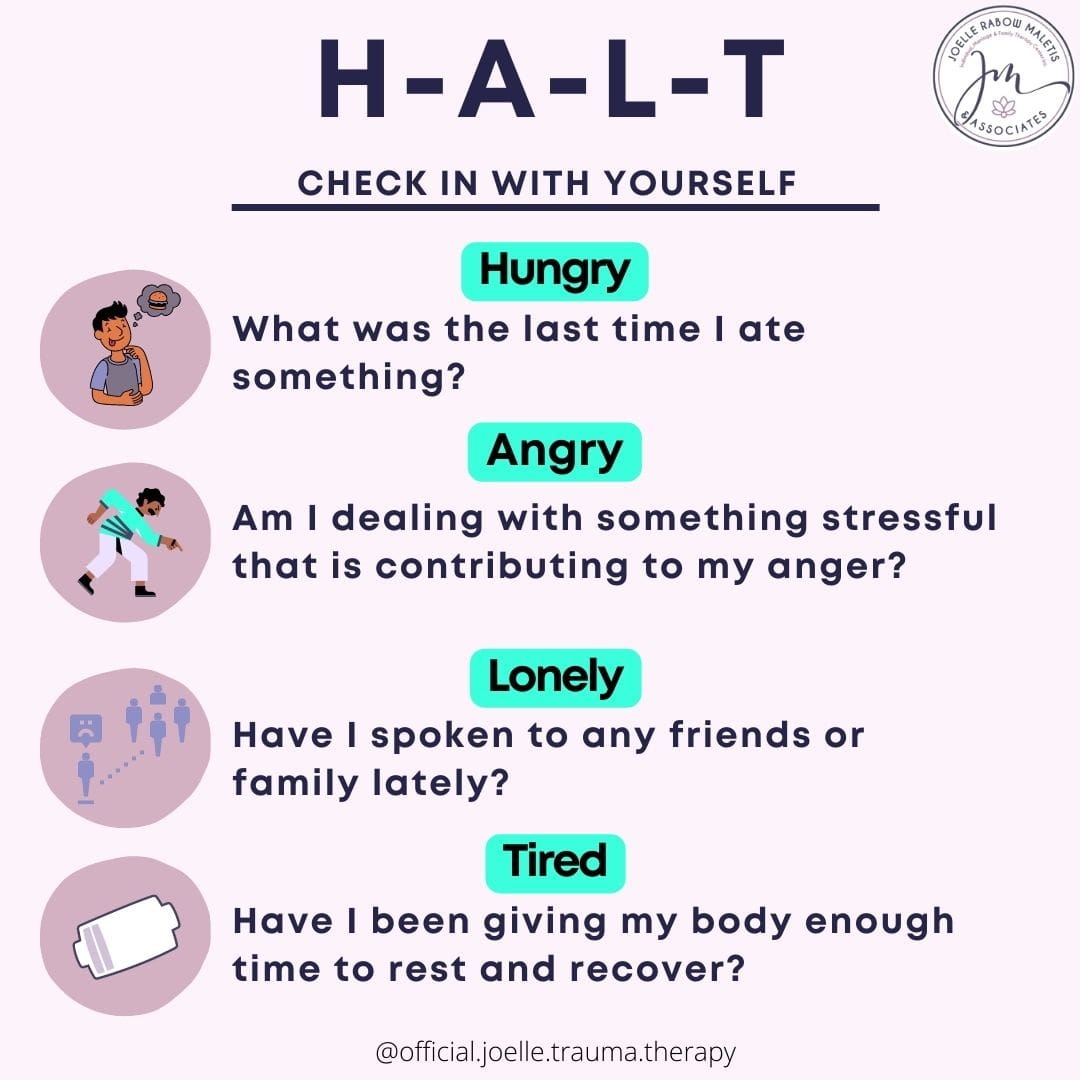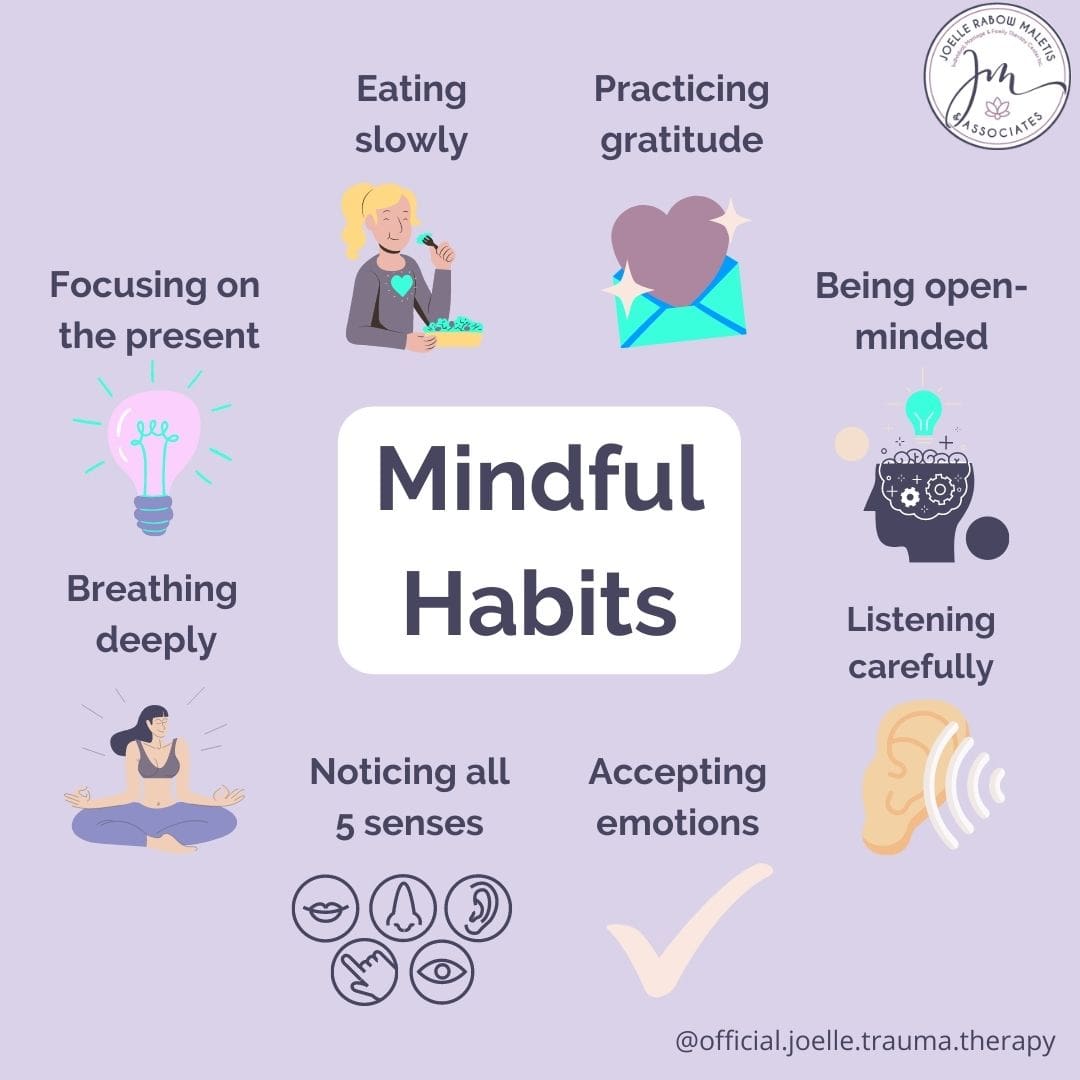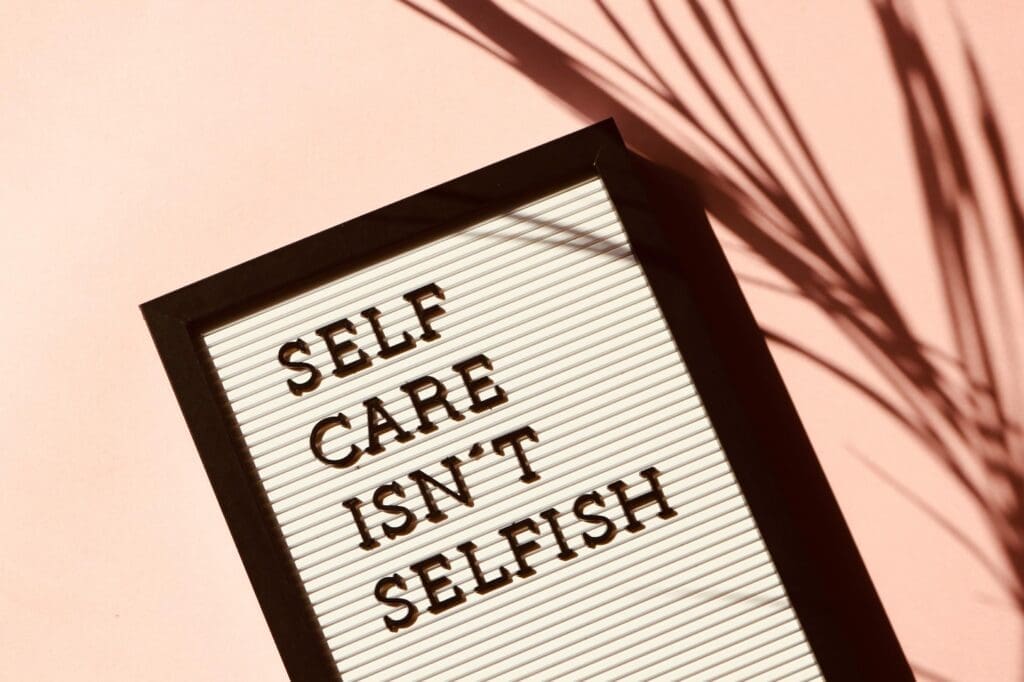Athletic Excellence and Emotional Well-Being: Navigating the Demands of High-Performance Sports
By: Alyssa Bombacino & Joelle Rabow Maletis
“Put mental health first, because if you don’t, then you’re not going to enjoy your sport and you’re not going to succeed as much as you want to.” -Simone Biles
From a young age, many of us are constantly on the go, participating in activities such as soccer practice, cross country, basketball games, ballet performances, and frequently waking up early or staying up late. This pattern only intensifies as we progress to college and professional levels, where the demands of sports and academics escalate. Despite being admired and loved by many, numerous athletes struggle internally. Athletes often face a demanding coach, an overwhelming schedule, and self-imposed pressure to succeed. It’s no surprise that many athletes experience heightened stress, anxiety, and depression in such circumstances. Additionally, it is not uncommon for athletes to view their bodies as a means to an end, which can result in mental health concerns such as anxiety, depression, and substance abuse when injuries prevent them from achieving their objectives (Kuntz, 2022).
According to Purcell and colleagues, ”High-performance environments, by definition, focus heavily on outcomes of success and achievement” (Purcell at al., 2022). This emphasis can leave little space for the individual behind the success and care for their personal challenges. Athletes are frequently asked questions like “How do you manage to balance everything?” or “How do you make it all work?” However, many athletes encounter difficulties with this. Comparing oneself with others and questioning whether you are the only one struggling is natural. In elite sports, certain expectations of mental toughness and emotional resilience may cause some individuals to hesitate to discuss their mental health issues (Purcell et al., 2022). Furthermore, many student-athletes hide their mental health concerns, especially if they fear rejection from coaches or teammates (NCAA Mental Health Task Force, 2014). It is vital to recognize when this pressure becomes too much and seek expert assistance. Self-care is critical both on and off the field. It’s important that athletes are finding ways to take care of not only their bodies but also their minds. Keep reading to learn strategies for managing stress as an athlete.
How Can I Handle Stress?
Behaviors such as difficulty sleeping, stomach problems, tense muscles, and heightened irritability, including a short fuse or increased anger, are common indicators of stress (Izzo, 2020.)
Strategy #1
HALT: Spend A Moment Checking In On Yourself Internally
H- Hungry
- When was the last time I ate something?
A- Angry
- Am I dealing with something stressful that is contributing to my anger
L- Lonely
- Have I spoken to any family or friends lately?
T- Tired
- Have I been giving my body enough time to rest and recover?

The acronym HALT stands for: hungry, angry, lonely, and tired. This acronym can help us to recognize our physical and emotional states, allowing us an opportunity to check in on each area and identify any imbalances. If you do notice that one area is frequently impacted, it’s important to take action and implement changes. By addressing imbalances in any of the areas you can protect yourself from negative mental health effects.
If you are feeling stressed or triggered, try this method to stop everything you are doing and reflect on how you feel. This method can help athletes to discover the root cause of their irritation, frustration, anger, sadness etc. By incorporating daily 5 minute check-ins athletes can create the necessary time they may need to reflect on the way they’re been feeling and see if any changes can be made.
Strategy #2
Incorporate Mindfulness Into Your Daily Routine
Mindfulness is a technique that has been shown to offer numerous benefits for athletes’ mental health. Mindful habits such as being attentive to our thoughts, emotions and environment, can improve well-being by reducing stress and anxiety, and fostering a sense of calm or inner peace. One study from the University of South Australia has found that mindfulness was effective in improving executive functioning (working memory + inhibitory control) and reducing psychological distress in a group of football players (University of South Australia, 2022). The results of this study indicated a reduction in distress both preseason and postseason, suggesting dispositional mindfulness provided a protective buffer against distress symptoms (Sage Journals).

Additionally, mindfulness can help athletes to develop a greater sense of emotional regulation, allowing them to better manage the ups and downs of competition and training. This can lead to a more positive outlook, even in the face of setbacks and obstacles. A daily practice of mindfulness can help you experience long-lasting benefits in both your physical and mental health, such as an increase in resilience, focus, and emotional regulation.
The pressures and expectations that come with being an athlete put athletes at an increased vulnerability to mental health issues. Seeking help for mental distress is just as important as seeking help for physical discomfort, and it’s necessary for athletes to have access to resources and support for both.
Additional Resources:
Refrences:
Izzo, S. (2020, April 8). 3 ways to manage stress and anxiety as an athlete. Sports Management Mastermind. Retrieved February 27, 2023, from https://www.sportsmanagementmastermind.com/blog/5-ways-to-manage-stress-and-anxiety-as-an-athlete.
Kuntz, L. (2022, June 1). On thin ice: Competitive sports & youth mental health. Psychiatric Times. Retrieved February 27th, 2023 from https://www.psychiatrictimes.com/view/on-thin-ice-competitive-sports-youth-mental-health.
NCAA Mental Health Task Force (2014). Mind, body and sport: Understanding and supporting student-athlete mental wellness.” NASPA. Retrieved February 27th, 2023 from https://www.naspa.org/images/uploads/events/Mind_Body_and_Sport.pdf.
O’Connor et al., (2022). Dispositional mindfulness may have protected athletes from psychological distress during COVID-19 in Australia. Perceptual and Motor Skills, 129(3), 670–695. https://doi.org/10.1177/00315125221087523.
Purcell et al., (2022). An evidence-informed framework to promote mental wellbeing in elite sport. Movement science and sport psychology, 13. https://doi.org/10.3389/fpsyg.2022.780359.
(2022, June 2). The mindful way to manage stress among elite athletes. University of South Australia. Retrieved February 27 2023, from https://www.unisa.edu.au/media-centre/Releases/2022/the-mindful-way-to-manage-stress-among-elite-athletes/.




